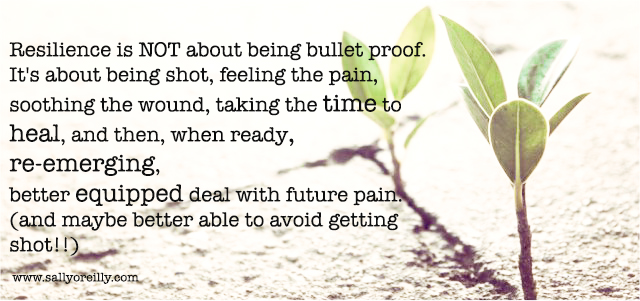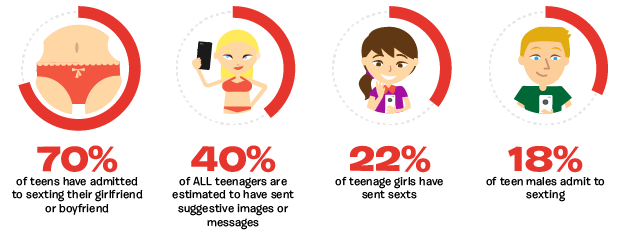Are you constantly late? Do you freeze when asked to make a calculation? Do you dread questions at work that will involve numbers? Do you overspend? Do you get lost easily?
Well you’re not alone!

These are some of the signs of a condition called Dyscalculia – often referred to Dyslexia for numbers. It too causes difficulty at school, social difficulty and anxiety, but somehow it has received less attention and so fewer people know about it.
I wrote this piece for Voiceboks.com – and if you think you may have Dyscalculia it may be worth the three minute read!
And if your child seems to fit the description, now’s a great time to get help!
Feel free to let me know how you (or your child) get on!













